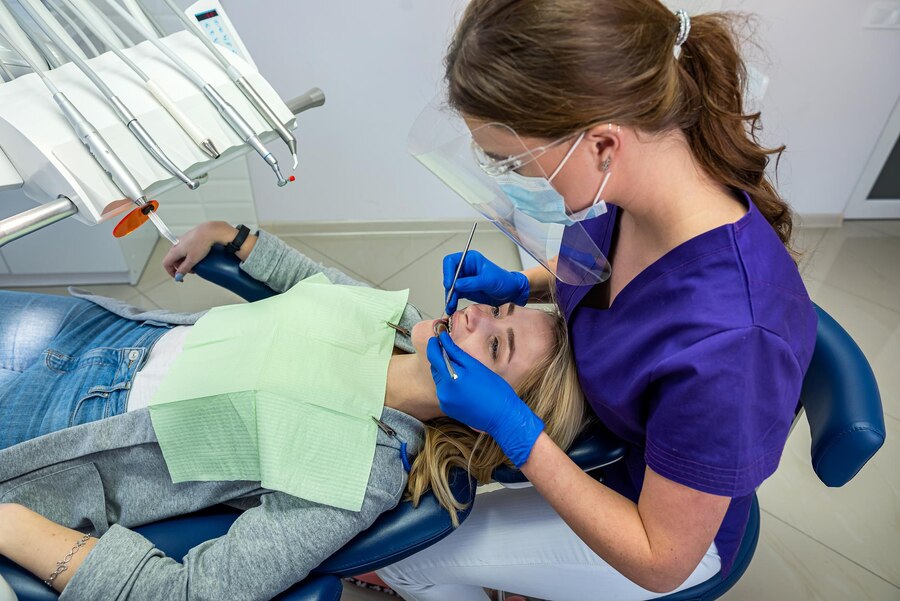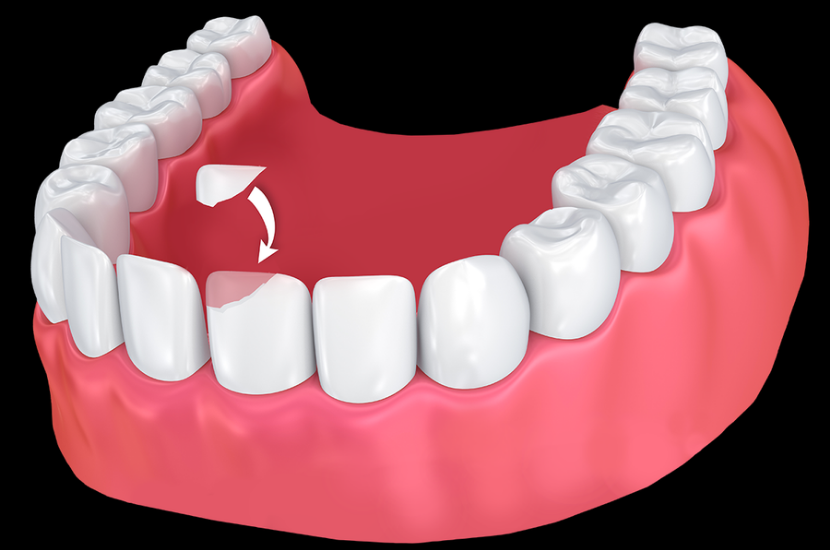
When it comes to dental care, there are a lot of options available for improving your oral health. Dental bonding is one such option that can help you get the smile you’ve been looking for. But what is dental bonding and when should people go for it? In this article, we’ll explain everything you need to know about dental bonding and when it might be the right choice for you.
What is Dental Bonding?
Dental bonding is a simple cosmetic dental procedure that can help to improve your smile. It involves using a resin material to “bond” together teeth in order to make them appear more symmetrical and even. The material used is matched to the natural color of your teeth, so the end result looks entirely natural.
Dental bonding is a relatively quick and painless procedure that doesn’t require anesthesia. It can be used to improve the appearance of chips or gaps in your teeth, as well as to cover stains and discoloration. It’s important to note that dental bonding is not a permanent solution and typically only lasts for 3-5 years.
When Should You Go For Dental Bonding?
Dental bonding may be the right choice if you’re looking to improve the appearance of your teeth without undergoing more extensive procedures such as veneers or crowns. It can also be a good choice if you don’t have the time or money for more extensive dental work.
Additionally, dental bonding can be used to improve a variety of issues that may arise in your mouth:
1. Gaps and Spaces Between Teeth
If you have spaces between your teeth, dental bonding can help fill them in and give you a more even smile.
2. Chipped or Broken Teeth
Dental bonding can be used to repair chipped, broken, or cracked teeth. The material is applied over the damaged tooth and shaped to look like your other teeth.
3. Discolored Teeth
If you have discoloration on one of your teeth, dental bonding can help cover it up and blend the tooth in with your other teeth.
4. Misaligned Teeth
Dental bonding can also be used to improve the appearance of slightly misaligned teeth and make your smile look more symmetrical.
What Are the Benefits of Dental Bonding?
The main benefit of dental bonding is that it’s a relatively quick and painless way to improve the appearance of your teeth. It doesn’t require anesthesia and typically only takes one visit to a dental office. Additionally, it’s less expensive than more extensive dental procedures such as crowns or veneers.
What Are Alternatives to Dental Bonding?
The main alternative to dental bonding is porcelain veneers. Porcelain veneers are thin shells of porcelain that are bonded onto the front of teeth and can be used to improve the appearance of your smile. Unlike dental bonding, veneers are a more permanent solution and typically last for 10-15 years before they need to be replaced. Additionally, they are stronger and more durable than the material used in dental bonding.
Conclusion
Overall, dental bonding can be a great option if you’re looking to improve the appearance of your teeth without undergoing more extensive procedures such as veneers or crowns. It can also be used to fix minor issues such as gaps, chipped teeth, and discoloration. However, it’s important to note that it’s not a permanent solution and typically only lasts for 3-5 years. Be sure to choose a qualified berwyn dentist for your dental bonding procedure to ensure the best results.
FAQs
Q: What is Dental Bonding?
A: Dental bonding is a relatively quick and painless procedure that uses resin material to improve the appearance of teeth. It can be used to fix minor issues such as gaps, chipped teeth, and discoloration.
Q: How Long Does Dental Bonding Last?
A: Typically dental bonding only lasts for 3-5 years before it needs to be replaced.
Q: What Are Alternatives to Dental Bonding?
A: The main alternative to dental bonding is porcelain veneers. Porcelain veneers are thin shells of porcelain that are bonded onto the front of teeth and can be used to improve the appearance of your smile. Unlike dental bonding, veneers are a more permanent solution and typically last for 10-15 years before they need to be replaced.


